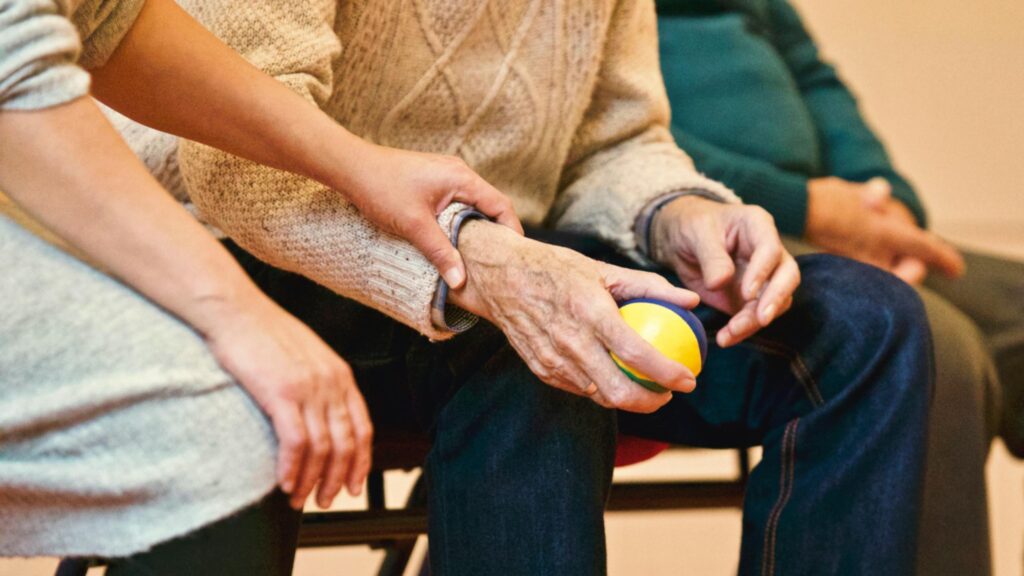What is Dengue Fever?
There are four related dengue viruses: dengue virus 1, 2, 3, or 4. Though not everyone infected with dengue will show symptoms, among those that do, about 25 percent will be severely affected and it could range from a mild discomfort to a deadly hemorrhagic fever.
Diagnosing Dengue
Symptoms at First
Dengue fever is usually initiated by flu. The symptoms usually develop within two to three days but might be visible after nine days from the mosquito bite. The common visible symptoms are as follows:
High Fever: It is a sudden rise in temperature that is usually above or at 101°F {38.3°C}.
Severe Aches: Migrating severe headaches, pain behind the eyes, and pain in muscles and joints.
Skin Rash: A rash that may appear as faint red spots or blotches on your skin.
If you have recently spent time in an area where dengue is common and you have these symptoms, seek medical attention immediately.
Symptoms of Severe Dengue
In about 5% of people, dengue fever progresses to a much more dangerous form, known as severe dengue or dengue hemorrhagic fever. This serious complication requires prompt medical care and may include
Excessive Weakness: Excessive weakness or faintness, mostly related to the rapid fall in blood pressure.
Bleeding: Bleeding from the gums or nose is not normal.
Abdominal Pain: Severe pain in the abdomen or swelling of it.
Protracted Vomiting: The continuous vomiting that further leads to a rise in dehydration.
Extreme Fatigue: Having extreme tiredness which may hamper the daily activities.
These comprise infants below one year of age, pregnant ladies, elderly people, and those who have suffered previous dengue infections.
How is Dengue Treated?
Currently, no specific antiviral treatments for dengue fever are available. Treatment primarily consists of supportive care:
Hydration: Fluid intake is of utmost importance in preventing dehydration.
Pain Relief: Over-the-counter drugs like acetaminophen may be prescribed for reducing fever and relief from pain.
Rest: Proper rest is essential for recovery.
Severe cases of dengue usually require hospitalization. Intravenous fluids are administered, and close monitoring is provided until the symptoms pass. Recovery can last for several weeks as strength slowly returns.
How Does Dengue Spread?
This is not spread from person to person, but through the bite of an infected mosquito. An Aedes mosquito becomes infected when it bites a person who has the dengue virus in their blood; it then transfers its infection to other people by biting them too.
Returning travelers from high-risk areas may unknowingly bring the virus into new areas. For example, when an infected individual returns to a non-endemic area and gets bitten, that mosquito will act as a vector for the virus with the potential to transmit the infection to others.
Dengue Fever in the United States
In the U.S, cases of dengue fever are mostly reported in tropical and subtropical regions of Puerto Rico, American Samoa, the U.S. Virgin Islands, Florida, New York, Massachusetts, and California.
Recent statistics indicate that the number of cases in the United States is increasing, nearly approaching 3,000 cases in all states and territories of the United States. The overall increase is attributed to factors such as increased travel, urbanization, and the spread of mosquitoes carrying the virus.
Is There a Vaccine for Dengue Fever?
There simply is no widely available vaccine against dengue fever in the U.S. today. Dengvaxia is an FDA-approved vaccine indicated for children 9 to 16 years of age who have a history of previous dengue infection in endemic areas. However, this vaccine will be phased out by September 2025, with final doses expiring in September 2026.
Prevention of Dengue Fever
Prevent dengue fever, especially when visiting areas where it is very common. Observe the following preventive steps:
Apply Mosquito Repellents: Use repellents with EPA-registered active ingredients, such as DEET, picaridin, IR3535, oil of lemon eucalyptus, or para-menthane-diol.
Wear Protective Clothing: Wear long-sleeved shirts and pants; treat your clothing with permethrin.
Stay in Air-Conditioned or Screened Areas: Stay in air-conditioned or screened apartments. If these are not available, then sleep under a bed net.
Eliminate Standing Water: Mosquitoes breed in standing water. Remove or cover containers that can collect water, such as buckets, tires, and flower pot saucers.
By so doing, you will be largely reducing your risk of acquiring dengue fever and hence protecting your health and well-being.


